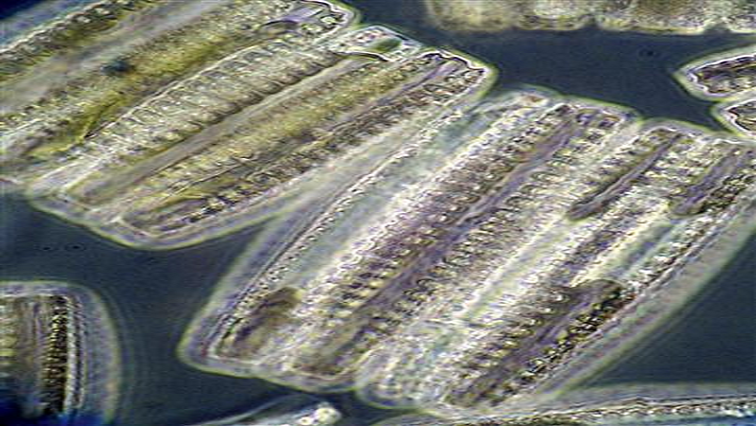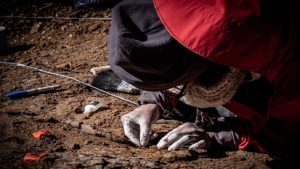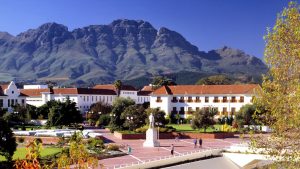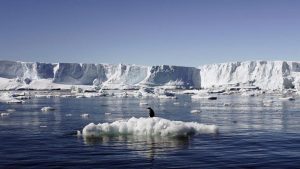Scientists from the University of Stellenbosch, with international collaborators, will embark on a dangerous journey to Antarctica this week to conduct research on phytoplankton, a key part of the ocean ecosystem.
Departing from Cape Town aboard the Agulhas 2, the scientists will, for the first time, be able to collect and study samples of the Southern Ocean in winter.
Phytoplankton, too small to see with the naked eye, is critical to all oceanic and human life. It serves as food for marine animals, but also absorbs carbon dioxide and releases oxygen through photosynthesis.
Scientists will test how phytoplankton reacts to trace metal. Just like humans need minerals such as iron for growth, so too does phytoplankton for its development.
University of Stellenbosch Marine Biogeochemistry’s Dr. Jan-Lukas Menzel Barraqueta, says they do not have data for winter, so they need to close that gap of knowledge.
“We do not have data for the winter season and we need close that gap of knowledge and we need to know what is happening during the melting season. Get this data; get these samples; get ice samples; know the concentrations in the ice and then go back in the melting season in order to see what is the influence of all this ice, that has melted on the biogeochemistry on this phytoplankton.”
They will try to understand how nutrients are trapped and released in the ice, which in turn impacts on the growth and bloom of phytoplankton.
The Southern Ocean is the largest absorber of carbon dioxide and what happens there impacts all life on earth.
Stellenbosch University: Centre for Trace & Experimental Biogeochemistry’s Professor Alakendra Roychoudhury, says they are interested in the role of phytoplankton in the absorption of carbon dioxide.
“The majority of carbon dioxide actually sinks in the Southern Ocean. That’s where the abortions of carbon dioxide take place and that is being done by phytoplankton and that is why we are interested in that.”
Human activity has sped up natural processes in nature by thousands of years and this study will show how occurrences on a microscopic level, impact on a global scale. Impacts that we do not fully understand yet, but could ultimately pay the price.






